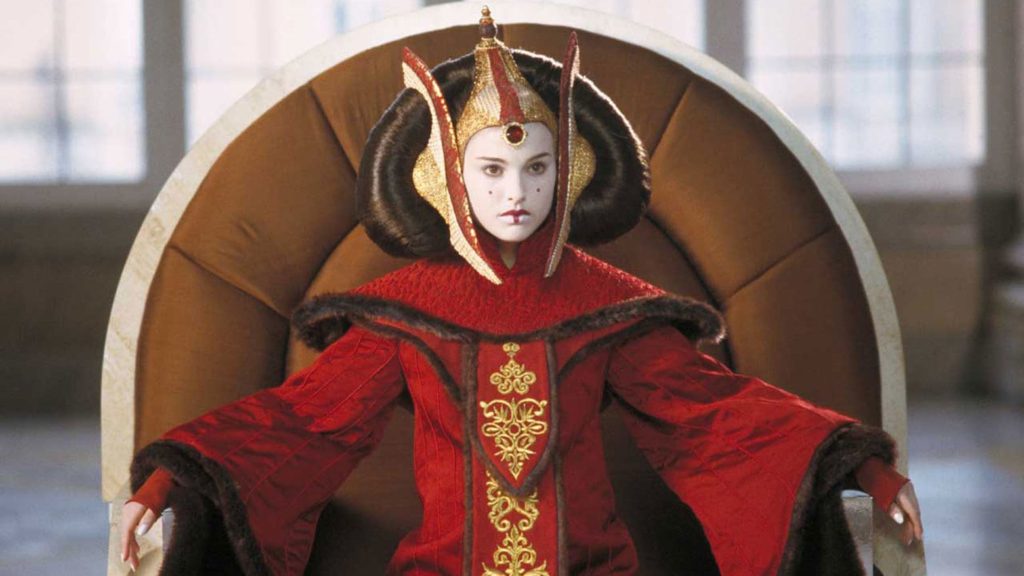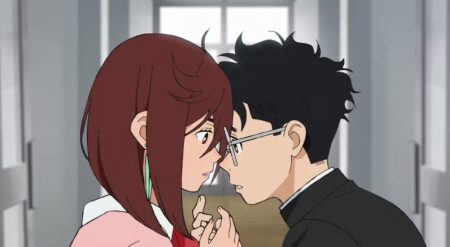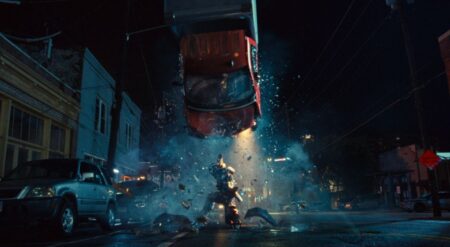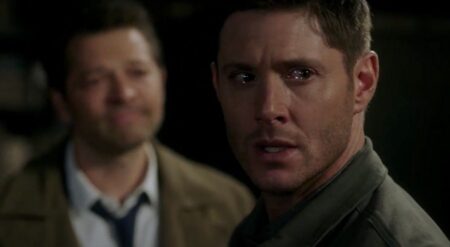
20 years ago today, Star Wars: Episode I – The Phantom Menace came to theaters all over the country. For some, it was a chance to reignite a passion that had been on hiatus since Return of the Jedi was released in 1983. But The Phantom Menace was also a generation’s first introduction into the Star Wars universe. I was among that generation.
Marketing for The Phantom Menace, among other memorable commercials and toys, included the original Star Wars trilogy being re-released in movie theaters. My dad would pack me and my sister in his Ford Expedition and drive two hours to a movie theater that was showing the original trilogy. While I loved the original Star Wars films, I didn’t feel like they were mine to enjoy. They were a glimpse into my dad’s childhood that he wanted to share with us.
When The Phantom Menace came to theaters, everything changed for me. This was a film that was made for me to love. It had strong female characters, political tension and a little kid that was underestimated and won regardless.
While the discussion of trade routes and a war flew over my head, I could always come back and pick up new information along the way. The Phantom Menace has this strange way of aging with you. As a kid, I loved the lightsaber battles and the pod race. But, as an adult, I love the skepticism of Qui-Gon Jinn against the Jedi Council and the political aspects of a failing Republic as Sheev Palpatine lurked in the shadows.
The Phantom Menace sets up the only war that Palpatine can single-handedly win: a political war. He is the master manipulator that is powerful enough to persuade Queen Amidala herself. This is a film that sets up the fall of the Republic. We see Palpatine set up all of his shots and there is nothing we can do about it.
As Palpatine is whispering in Padmé’s ear about Chancellor Valorum’s incompetence and pursuades her to move for a vote of no confidence, it’s the final domino that gets put in place before they fall. Most notably, Palpatine’s manipulation to unseat Finis Valorum and claim the role of Chancellor which puts him at the center of this war against the Trade Federation. Making him the puppet master hiding in plain site.
Of course, seeing Queen Amidala take matters into her own hands was my favorite aspect of The Phantom Menace. It was the first time I saw a 14-year-old girl challenge adults who did not take her seriously. I saw myself in her actions.
Padmé Amidala was the leader of an entire planet. She was steadfast and strong. She saved Naboo, defied the Senate, and refused to sign a treaty while dealing with an invasion. She was the first female lead I remember seeing on the big screen that had such a huge impact on my life.
Even though I had seen Princess Leia prior to Padmé, I didn’t get the inspiration from our beloved Princess that I received from Queen Amidala. I always associated Leia as a hero from my dad’s generation. Padmé was my hero. As a kid, Padmé was closer to me in age. She was dealing with being a teenager on top of having adult responsibilities. Her decision to go against the grain and return to Naboo to fight with her people was a game changer. One of my favorite scenes in the film was when Padmé met with the Gungans and kneeled before them. She threw her pride as a queen aside and humbled herself. That’s a strong leader.
Padmé grew with me. Her actions as a kid inspired me even as an adult years later. Qui-Gon Jinn had the same effect on me. His skepticism of a powerful group of Jedi went against Ben Kenobi’s glorification of them in the original trilogy. I didn’t pick up on it as a kid but it was a great gem to discover as I grew older. The first Jedi that is introduced to us is one that his hesitant on the Council’s teachings. Qui-Gon is willing to defy the council and look beyond their leadership. It’s a great reminder that, even beings as powerful as Jedi, are still mortal and have weaknesses.
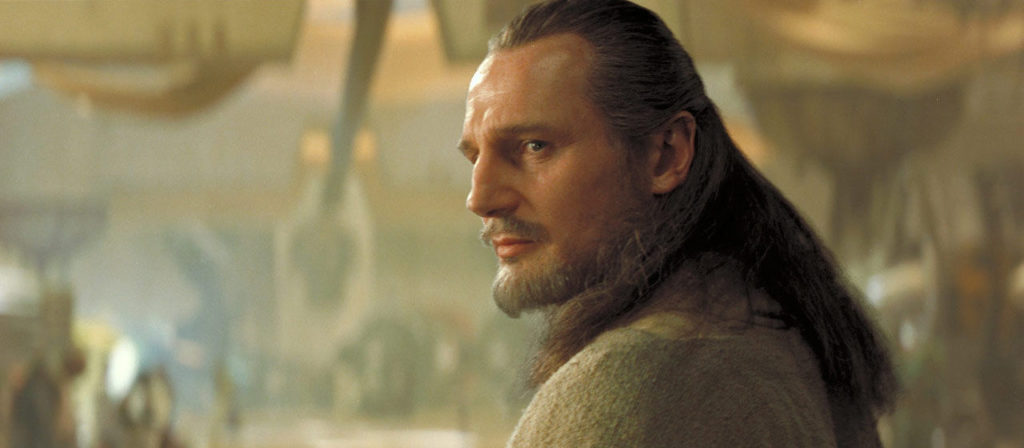
I love The Phantom Menace because it is timeless. It’s exciting to watch as a kid and as an adult. The political turmoil that sets the stage for Anakin’s fall and Palpatine’s rise is set up perfectly in this film. Also, the final duel between Darth Maul and Obi-Wan is still one of my favorites in the Star Wars saga.
The Phantom Menace taught me to be open minded, to be skeptical about people in leadership positions and to always listen to those with a different perspective. So, naturally that’s why I am in the journalism business.
I’m not the only one in the prequel trilogy generation to appreciate The Phantom Menace. What has this film meant to you over the years? Let us know!
Images from Lucasfilm

